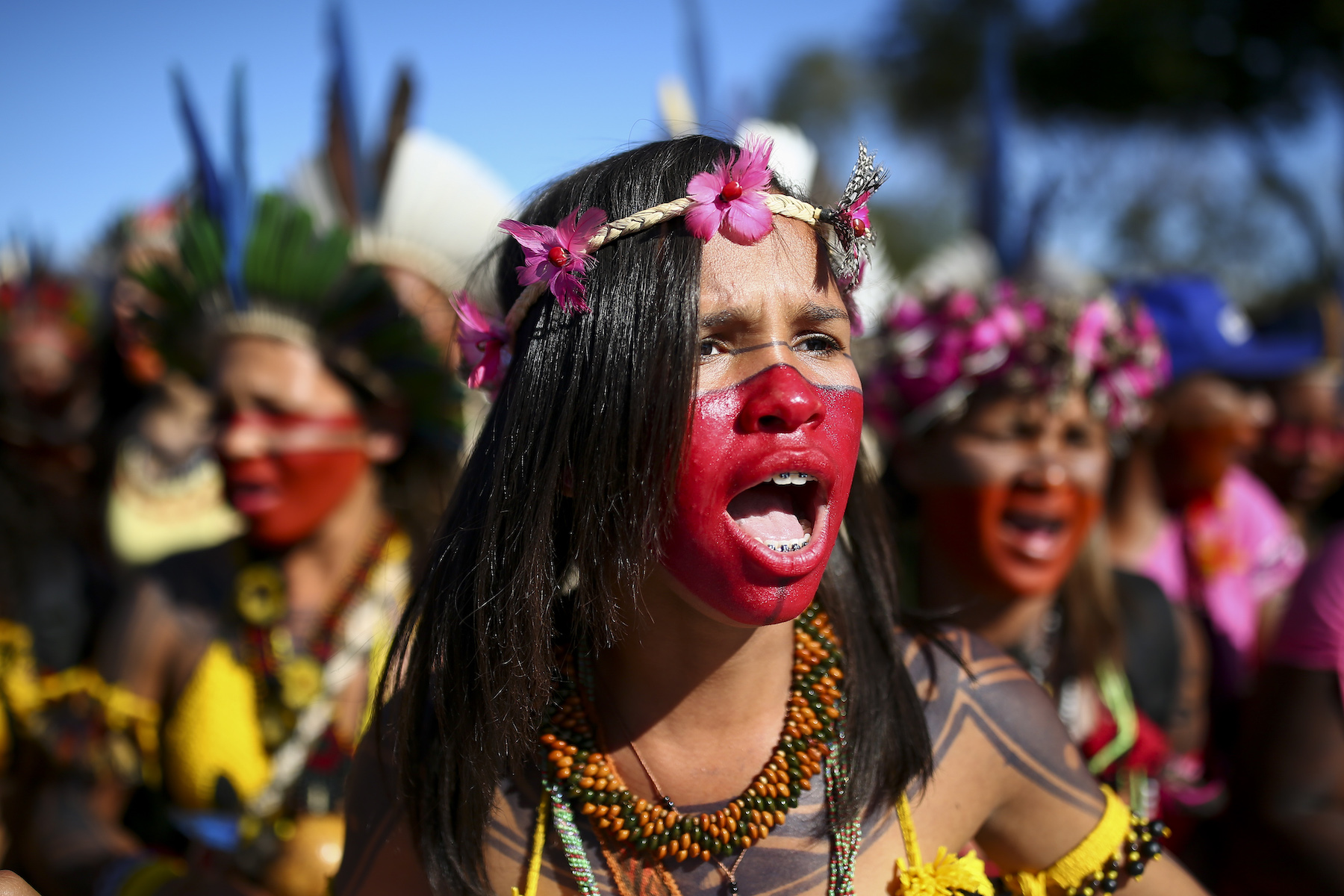In A Historic Moment, Brazil’s Constitution Has Been Officially Translated Into An Indigenous Language
The 1988 constitution was translated into Nheengatu, the general language used to communicate between different Indigenous groups in the Amazon.
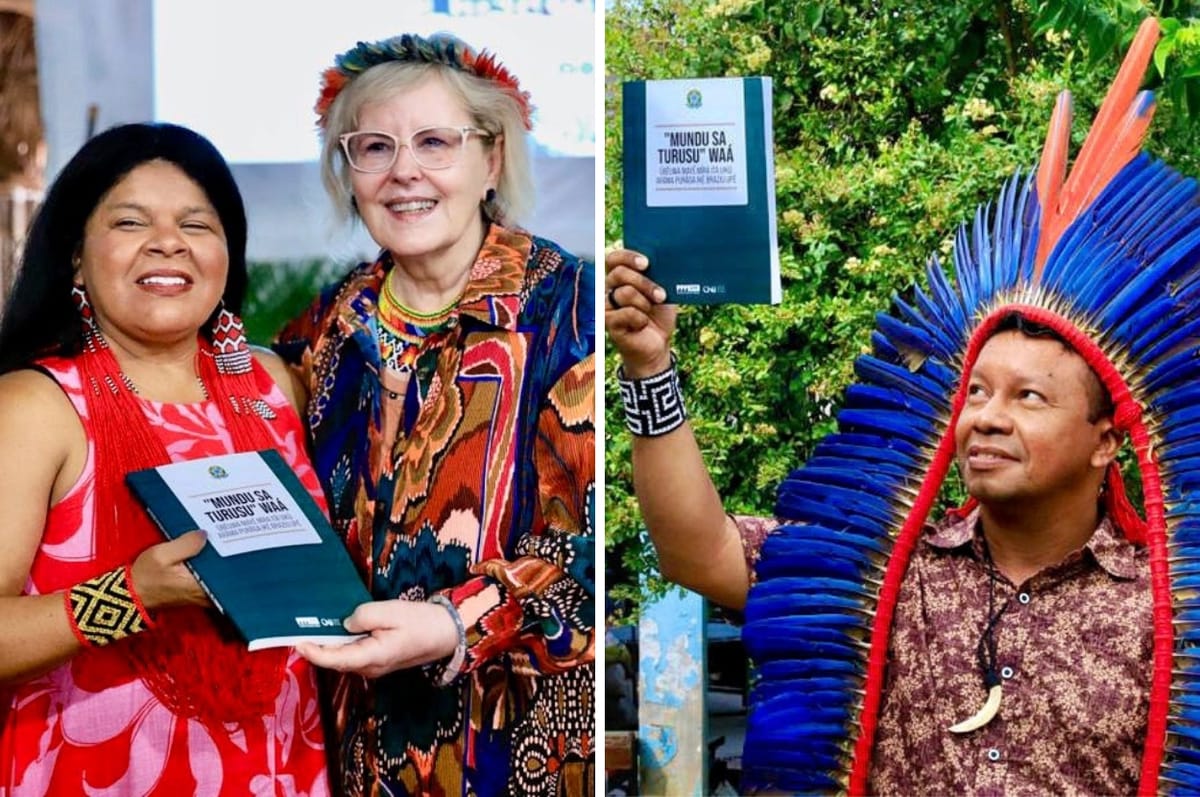
In a historic moment, Brazil’s constitution has been officially translated into an Indigenous language for the first time.
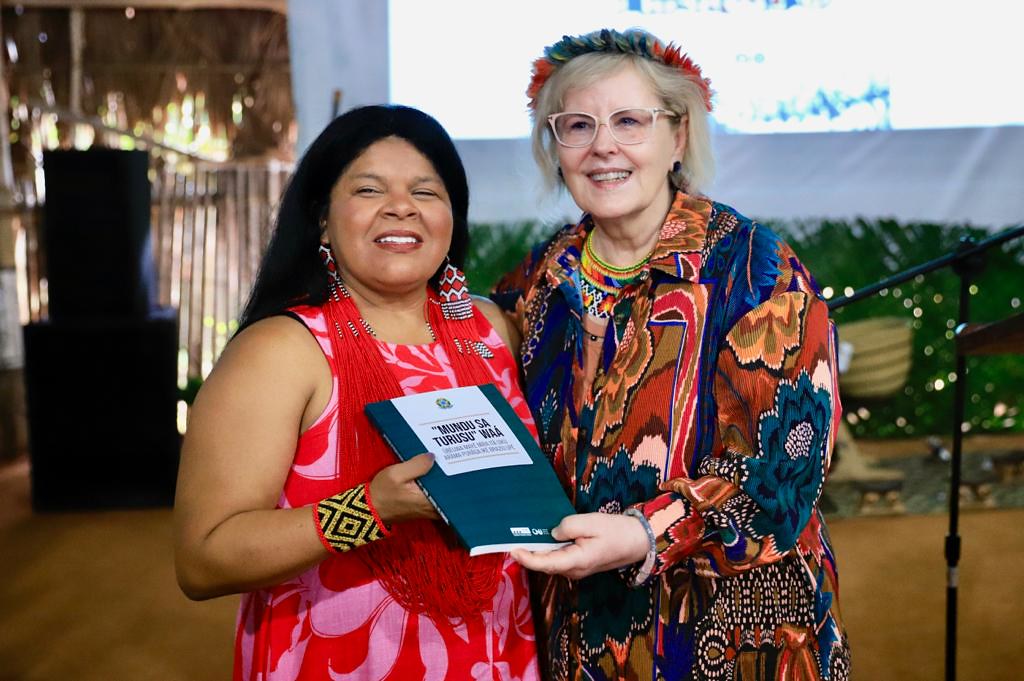
The 1988 constitution was created after a two decade military dictatorship and recognized and protected Indigenous Brazilians’ culture and way of life.
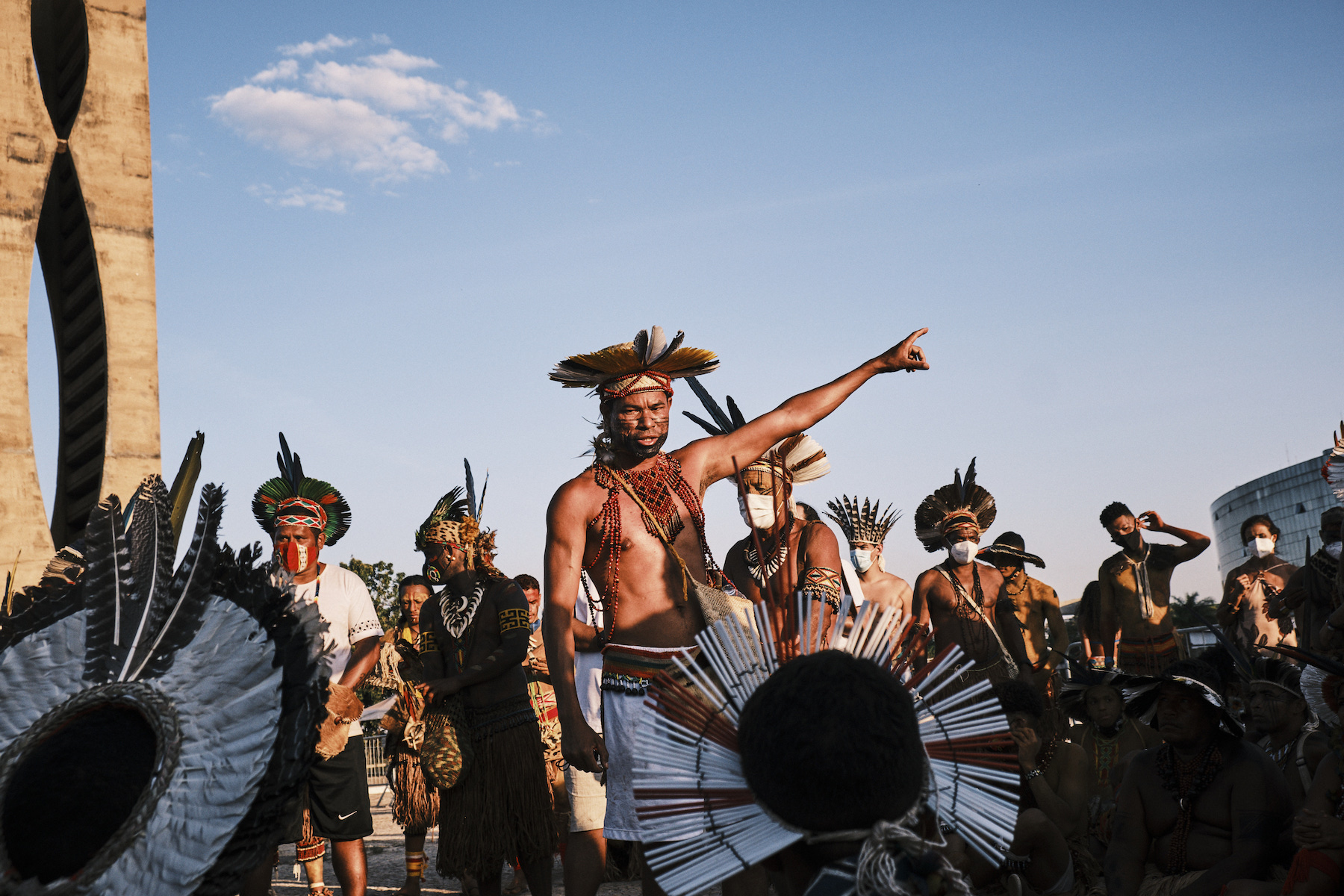
It was translated into Nheengatu, the general language used to communicate between different Indigenous groups in the Amazon.
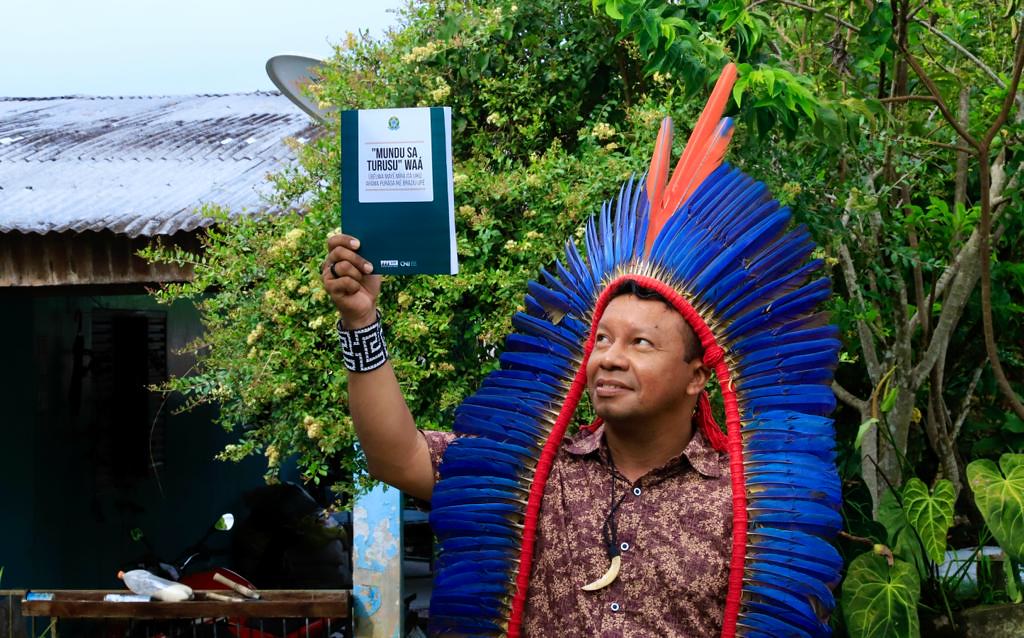
The translation was led by Brazil’s national justice council and done by a group of 15 bilingual Indigenous people.
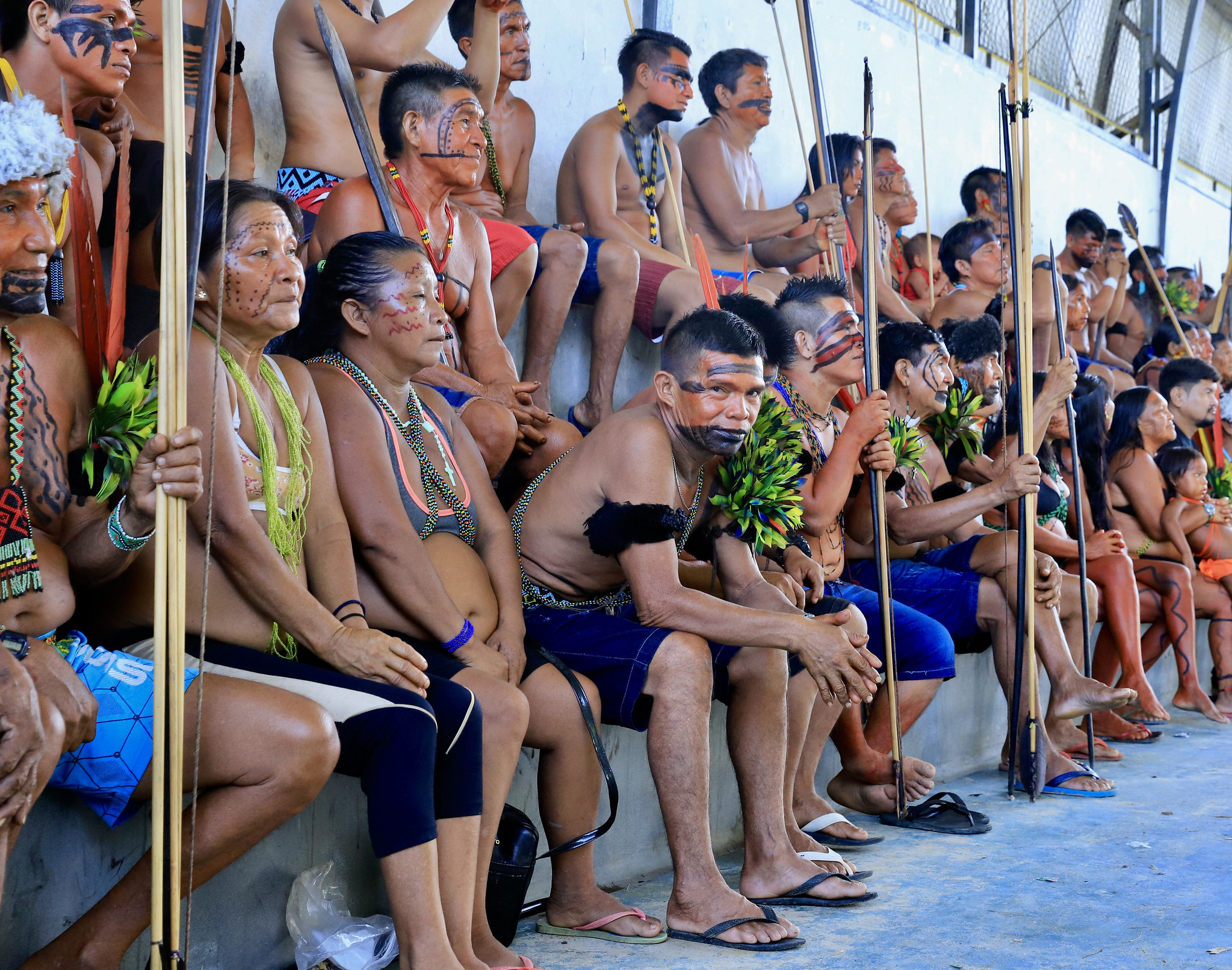
“We are in a country of immense diversity, and I don’t hear our languages [spoken] in our spaces. We need to be involved. Before being Indigenous, we are people who have a right to respect,” Inory Kamari, one of the translators, said.
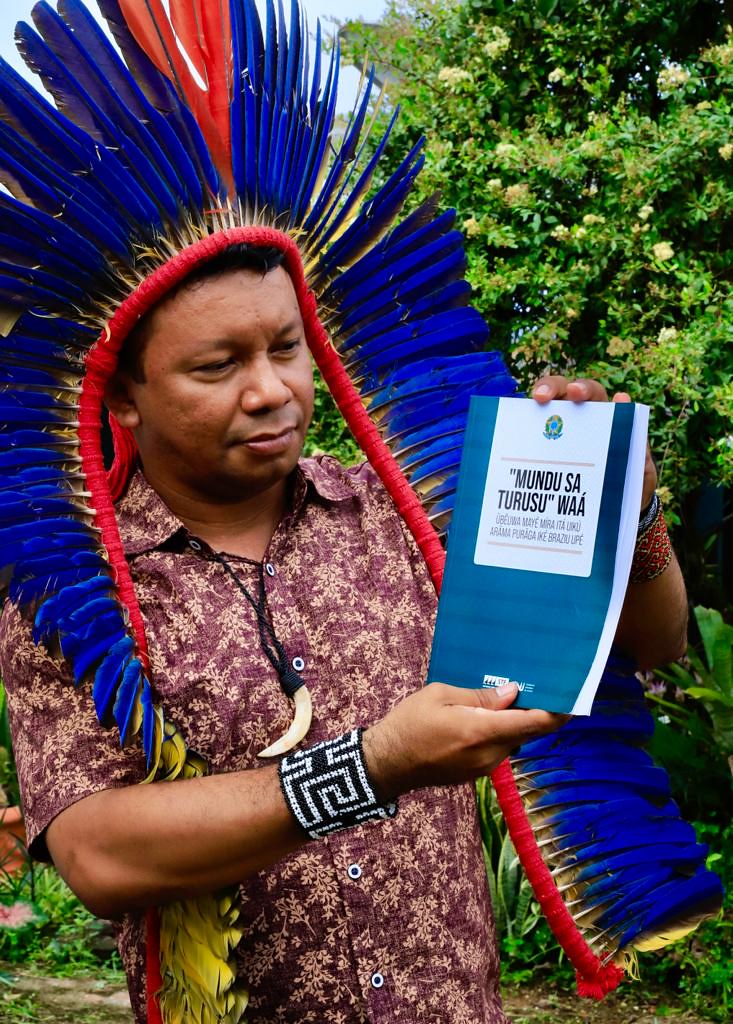
It was unveiled at a ceremony with Brazilian authorities and Indigenous leaders in a town in the Amazon on July 19.
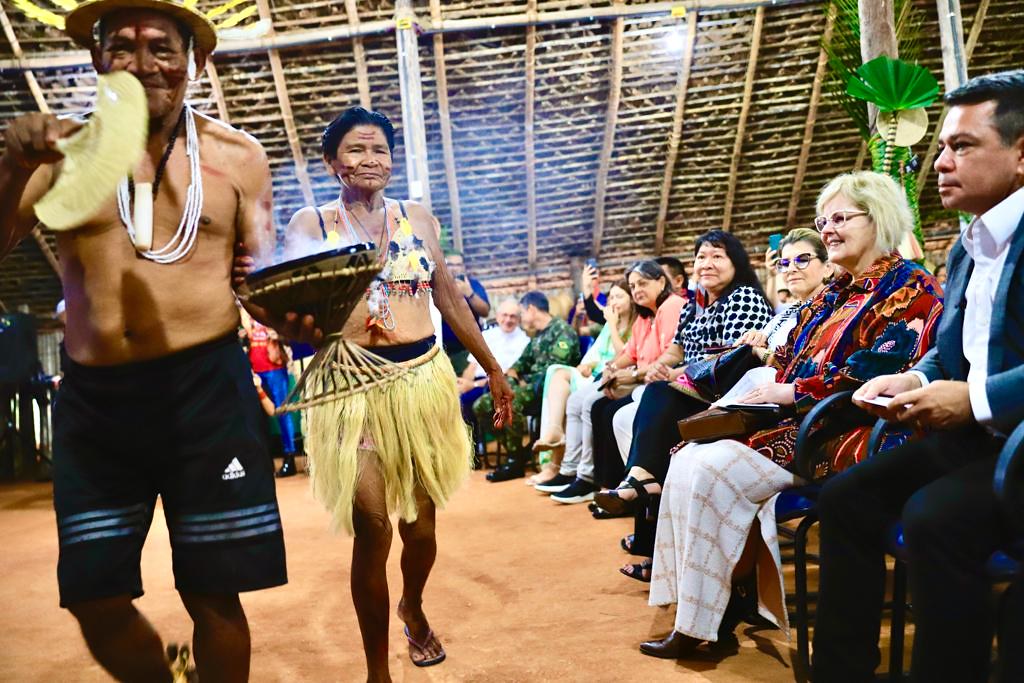
“Today is a milestone in our country’s constitutional history,” Rosa Weber, the chief justice of Brazil’s supreme court, which acts as the guardian of the constitution, said, the Guardian reported.
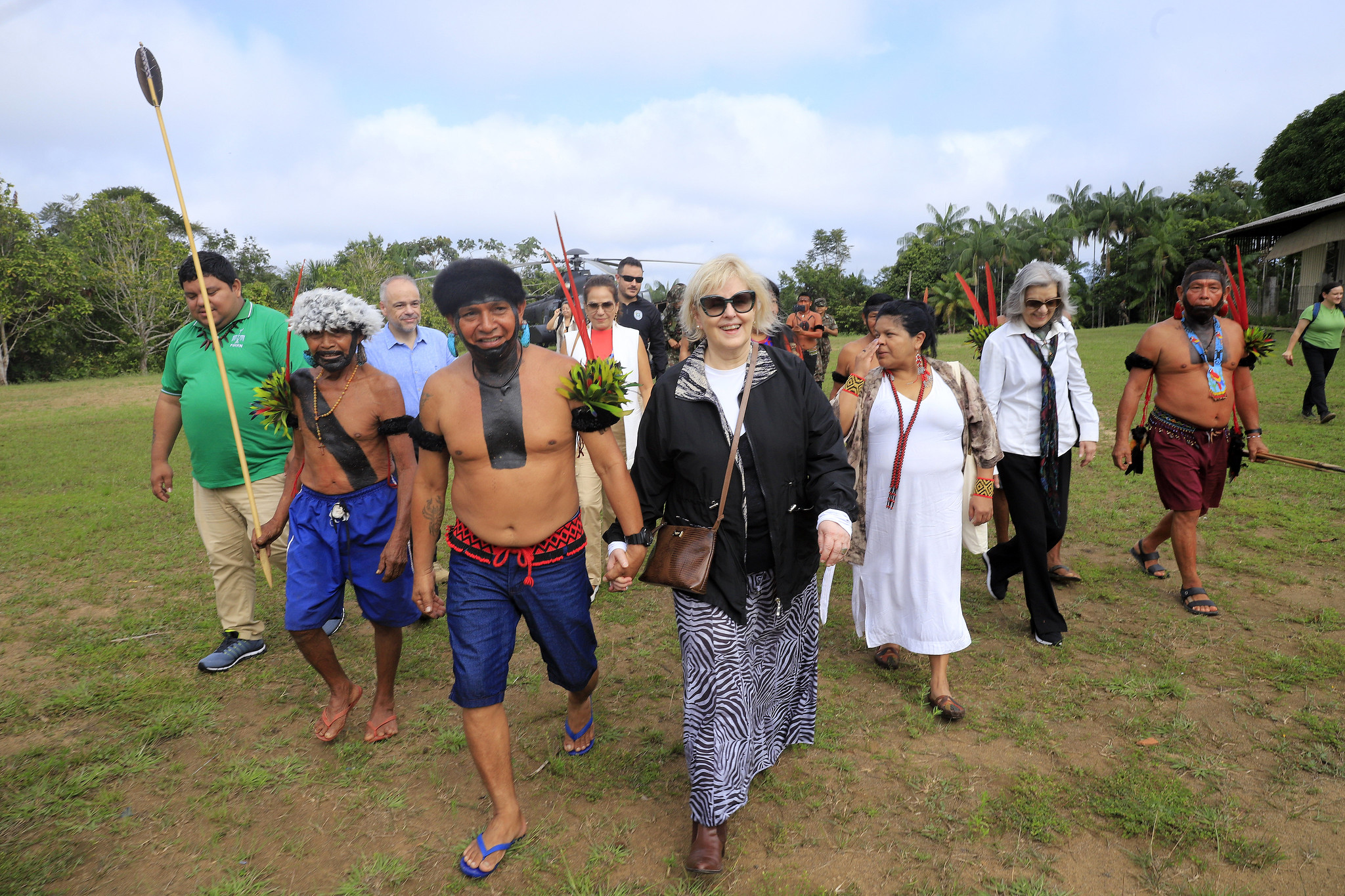
“It’s a sign of esteem and respect for Indigenous language and culture,” she added.
Indigenous activists are calling for the government to put the principles in the constitution into practice as Indigenous people and their rights are constantly under attack in Brazil.
